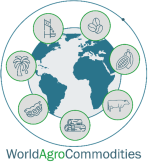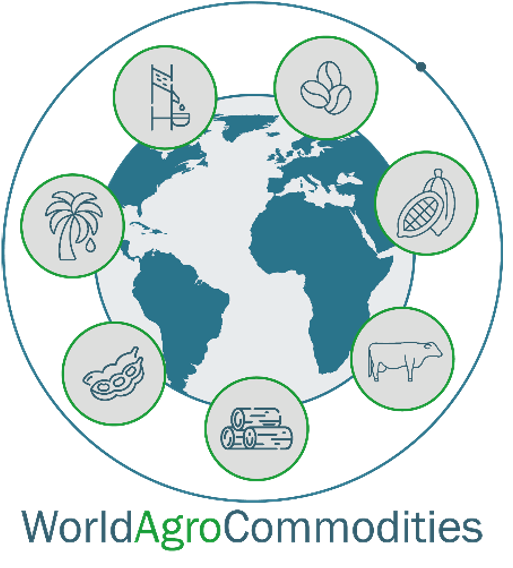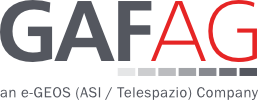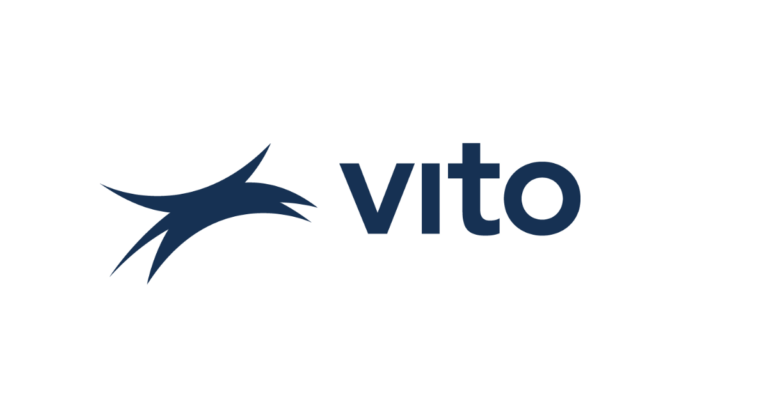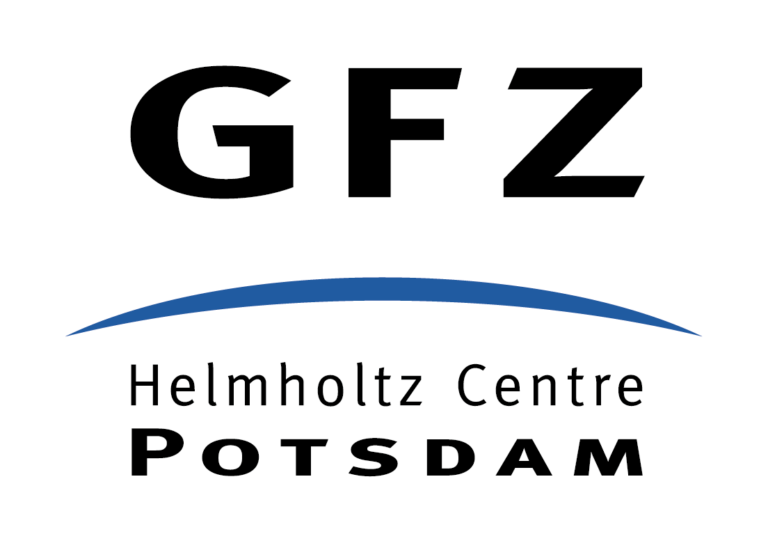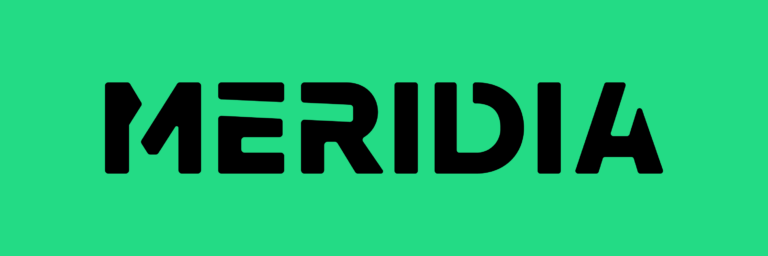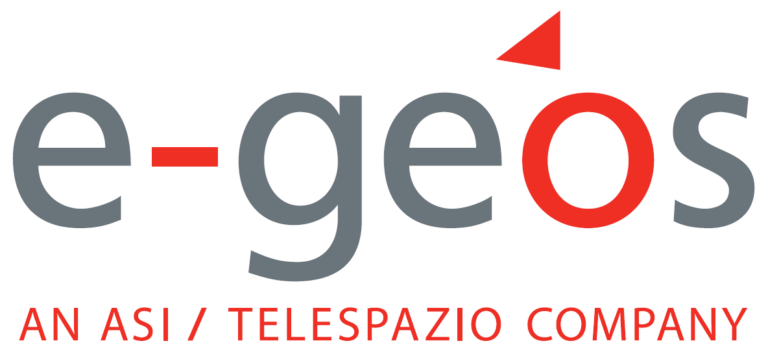Earth Observation for EUDR, supporting de-forestation free supply chains
The ESA World AgroCommodities (WAC) project focuses on the EUDR and is part of the ESA EO4Society Applications Element which provides an opportunity to undertake research using pilot sites with the aim of scaling up the methods to support international environmental policies.
The main goal of the current project is the need to support the EU Member States (MS) who have to oversee the EUDR, with an approach which can be used to help them identify and verify the crop types, geolocations of parcels of land and deforestation status that will be reported as part of the due diligence from companies.
The main focal points for the project are the designated Competent National Authorities (CNAs) in the MS who will have to undertake the monitoring and verification of the information provided by the companies on the 7 commodities. The system will be based on the use of ESA’s Copernicus Sentinel data as well as required ancillary and in situ data for the different geographic regions.
Tropical forests are an important habitat with multiple functions playing a major role as global carbon sinks which offer solutions to the on-going challenges in climate change mitigation. Several international Conventions and policy frameworks such as the United Nations Convention on Climate Change (UNFCCC) reducing emissions from deforestation and degradation (REDD+), the UN Convention on Biological Diversity (UNCBD) and the UN Sustainable Development Goals (SDG) 13 and 15 all address forest protection and management.
As the move towards Zero Deforestation (ZD) and improved traceability has been on a voluntary basis, the progress towards deforestation free supply chains has been slow. The new EU regulation on deforestation free supply chains (EUDR) which came into force in June 2023 will be a game changer in this context. The EUDR aims to minimize the EU’s contribution to deforestation and forest degradation worldwide. The regulation requires companies to ensure that specific target commodities -soy, beef, palm oil, wood, cocoa, coffee, rubber- and derived products (leather, chocolate or furniture) are sourced from areas where no deforestation occurred after 31 December 2020.
Project Objectives
- Engage with 5 European CNAs who will provide the user requirements for the project and commit to the collaboration with the Consortium.
- In a consultative manner with CNAs, identify potential test and demonstration site for the seven commodities- cattle, cocoa, coffee, oil palm, soya, rubber, and wood-where deforestation has occurred after December 31 2020 and which will form the basis for the mapping work in the project.
- Map and validate the seven commodities in different geographic regions (at least in 4 different countries), where deforestation has occurred after December 2020, using EO-based (Copernicus data) methods and tools which are open source.
- Conduct a knowledge transfer or capacity building to the CNAs on the methods and open source solutions developed.
- Undertake promotion and outreach of the methods and project outcomes with a broader audience than the CNAs; this will include a project website, webinars, the presentation of policy briefs and at least 4 scientific publications.
The Tasks for Implementation
GAF AG (Germany) is leading the project with six other European organisations, all of whom have well established experience with tropical deforestation monitoring and commodity mapping. The project will be implemented over 24 months, and started in September 2024. There are 6 main tasks that have to be undertaken in the project.
Task 1- User Engagement and Requirement Engineering, which focuses on the user consultation process with the CNAs in order to determine key priority topics and challenges they face in meeting EUDR requirements. Additionally, this Task will identify with the CNAs the test and demonstration sites for all 7 commodities which will be used in the project.
Task 2 – Input data collection and pre-processing, has the objective of organising and pre-processing the required EO, in-situ and ancillary data for the test and demonstration site work.
Task 3- Development and Testing will review scientific and cutting edge approaches related to the EO commodity mapping, which will be followed by benchmarking of these approaches and the selection of the most promising approach. Selected approaches will be then implemented on the test sites, ensuring that the production and validation processes are well documented.
Task 4 –Demonstration and Validation will undertake to roll out the EO integrated solution from Task 3 for a larger demonstration area to ensure transferability, repeatability and scalability to a wide set of geographic regions, farming practices for the different commodities.
Task 5 – Use Cases and Impact Assessment– aim to undertake a full user utility assessment of the products with the CNAs.
Task 6 – Outreach, Communication and Roadmap – has the objective to disseminate the outcome of the project to a wider audience than the CNAs. Mechanism for communication include webinars, participation at international conferences, developing a project website, scientific publications and further outreach actions such as developing a User Handbook.
Project Consortium
The Consortium Prime GAF AG from Germany is one of the leading European consulting firms in the field of geo-information offering a broad range of geo-information services and applications, ranging from geo-data procurement (satellite data, DEM, land use and land cover data), image processing and analysis, information processing and software development, to the provision of turn-key technical assistance projects and customized spatial land management and monitoring systems. GAF brings to the project its 30 years of experience in implementing development programmes with WB, KfW/GIZ, EDF, and European Commission.
In the World AgroCommodities project, GAF is responsible for the overall management, the strategic developments and the delivery of information services.
VITO (Vlaamse Instelling voor Technologisch Onderzoek), based in Belgium, is a leading independent European research and technology organization specializing in cleantech and sustainable development. VITO’s Remote Sensing activities focus on addressing user needs and translating them into operational remote sensing solutions.In the ESA WAC project, VITO is primarily responsible for the collection and pre-processing of satellite data, the development and deployment of the toolbox, as well as generating the output products over the demonstration sites.
Wageningen University (WU), part of Wageningen University & Research, is the only university in the Netherlands that specifically focuses on the theme ‘healthy food and living environment’. WU works closely together with governments and the business community. Wageningen University’s researchers are active around the globe, and the university hosts over 12,000 students from over 100 countries and employs around 2,500 staff. WU’s mission is “To explore the potential of nature to improve the quality of life”. Both WU’s research and education are highly acclaimed. Students ranked Wageningen University as the best university in the Reference Guide for Higher Education in the Netherlands for the eighteenth year in a row. In the ESA WAC project, WU is responsible for pantropical benchmarking and actively participates in most aspects of the project.
Germany’s national research center for Earth Sciences, GFZ Potsdam, is dedicated to understanding the dynamics of our planet and developing solutions for global challenges. We investigate the Earth’s structure, history, and processes to anticipate hazards, ensure sustainable resource management, and protect our environment. GFZ operates an extensive research infrastructure, including instrument networks and observatories. GFZ section on Remote Sensing is developing new methods to improve the systematic, large-scale monitoring of the land surface and specifically forest, land use and carbon dynamics worldwide. The GFZ research and outreach efforts aim to inform society and influence policy decisions to address global challenges and safeguard our future. In the ESA WAC project, GFZ are responsible for user engagement and policy review, the large-area algorithm benchmarking of forest-related commodity expansion monitoring, and scientific outreach and publications.
TerraSphere is a Dutch private company, established in 2008 by two former Microsoft employees. We build innovative solutions supporting sustainable and climate resilient agricultural & environmental management using satellite data analytics. Our algorithms extract information from Earth Observation Satellites and provide actionable data and business intelligence on crops and land use throughout the world. Recent work includes seasonal parcel-level crop type mapping for various African countries (Tanzania, Kenya, Uganda) within the scope of GEOGLAM initiative, as well as validation activities in Ivory Coast and Cameroon related to forest crops like cocoa and rubber within the scope of the EUDR regulation. In the ESA WAC project, TerraSphere is responsible for the coordination of the data collection & pre-processing, validation of the products and impact assessment of the use cases with the Competent National Authorities.
Meridia is an AgTech company specialising in field data within complex smallholder-heavy agri-commodity supply chains. Our mission is to improve the veracity of datasets driving decision-making in global agri-commodity supply chains.
With over a decade of hands-on experience in data collection and mapping across 35+ countries, our team has encountered and solved some of the most intricate data challenges in the industry. This deep expertise allows us to develop and implement the most rigorous data testing methodology available on the market today.
In the World AgroCommodities (WAC) project, Meridia is responsible for collecting, performing quality checks, and pre-processing all essential in-situ data for further algorithm development, demonstration and validation, and application in use cases and impact assessment.
e-GEOS, an ASI (20%) / Telespazio (80%) company subject to the joint direction and coordination of Leonardo S.p.A and Thales S.A, is a leading international player in the Earth Observation (EO) and Geo-Spatial Information business offering a unique portfolio of application services. e-GEOS is the exclusive global distributor for the COSMO-SkyMed data, the most advanced and performing Radar Satellite constellation available today. Thanks to the superior monitoring capabilities of the COSMO-SkyMed constellation and the fusion with a broad range of EO and non-EO data, e-GEOS has become one of the global leaders in geospatial services and is leading the evolution to Geo-Information digital services through CLEOS, its digital marketplace, and the application platforms by verticals. In the ESA WAC project, e-GEOS supports the User engagement, Analysis of Requirements, in-situ and ancillary Data Collection and Preparation, Use cases and impact assessment.
